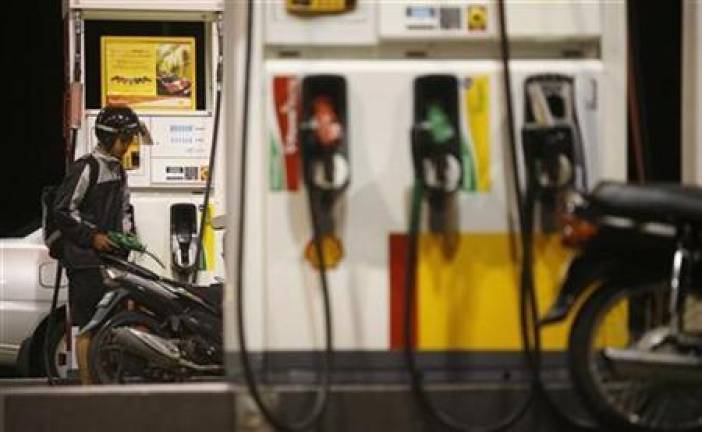PETALING JAYA: If there is one business that is likely to suffer permanent setback as a result of the Covid-19 pandemic, it has to be the oil and gas sector.
The need for long-term social distancing will serve to accelerate acceptance of the work-from-home concept.
With more people working from home, there will be a drop in the daily commute to the office and, by extension, fewer cars on the road.
This means the demand for petrol, diesel and gas will drop.
Petrol dealers are beginning to accept the new reality.
“We know that petrol consumption will never return to the level before Covid-19,” Petrol Dealers Association of Malaysia president Datuk Khairul Annuar Abdul Aziz said yesterday.
“(Our estimate of) the new normal of lower petrol consumption is based on global trends.
“It is the same all over the world. In Wuhan, they have conceded that petrol consumption will not return to 100%,” he added.
Wuhan, where the first Covid-19 cases was detected, was the epicentre of the global pandemic.
Khairul Annuar estimated that revenue for petrol dealers in Malaysia could see a 10% to 30% dip for good.
He noted that when the movement control order (MCO) was replaced by the conditional movement control order (CMCO) on May 4, many took the opportunity from the relaxation in the rules to fill up their petrol tanks.
“This was also helped by the fact that some people were already returning to work, so they also needed to top up on fuel,” he said.
At the height of the outbreak, when the whole country was locked down under the MCO, he said, petrol dealers were hitting only 15% to 30% of their normal sales.
With the relaxation of the rules under the CMCO, sales rose to about 40% to 60% of pre-Covid-19 figures.
“Despite the increase, some of us are still incurring losses.”
Khairul said whether a petrol kiosk could turn in a profit depended on several factors, among which are operational costs. He acknowledged that the government has introduced some programmes to assist petrol dealers but these measures fall short of expectations.
“For instance, among those who applied for the wage subsidy, only 484 received the aid while another 144 dealers are still waiting for their applications to be approved.”
He said the special relief fund that was to be disbursed by Bank Negara Malaysia also did not help very much. A total of 171 dealers had their applications rejected and 250 are still awaiting approval.
“Bank Negara has said that no more funds are available, so those 250 can consider their application rejected. Only 38 dealers have benefited from the fund.”
Khairul Annuar said many do not qualify for aid because their turnover is small, so their risk profile is lower.
“Petrol dealers will now have to set some realistic targets and lower their expectations as everyone adjusts to the new normal.”
He said steps would be taken to prepare them to venture into clean energy such as charging stations for electric cars. They could also raise their non-fuel income by having telcos and beverage companies rent their premises for promotional activities.
“We are also in talks with Tenaga Nasional to install solar panels to reduce electricity usage, the second highest cost after wages.”














